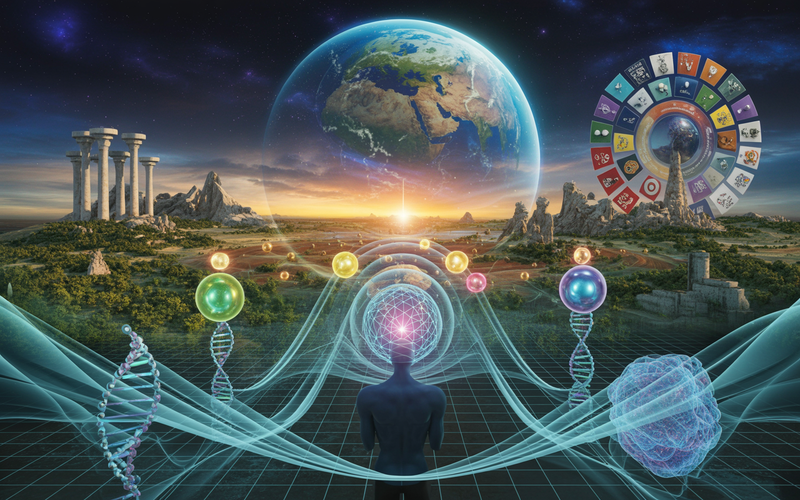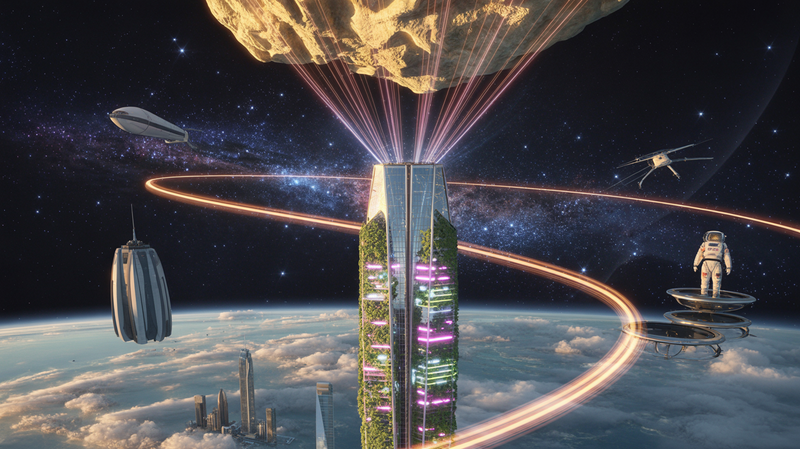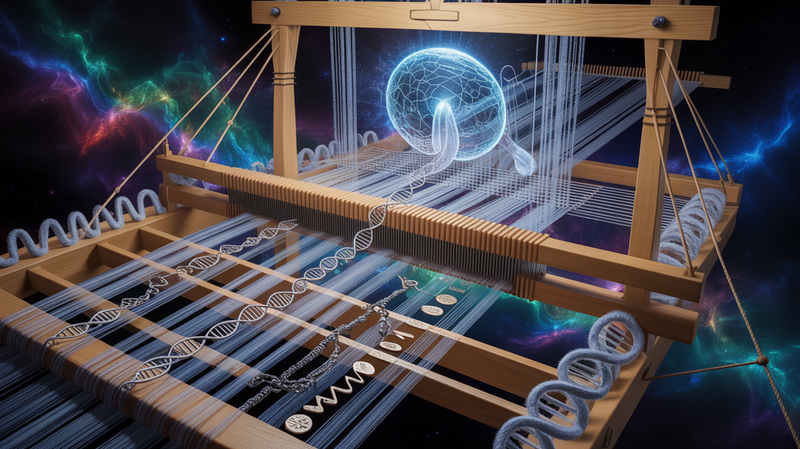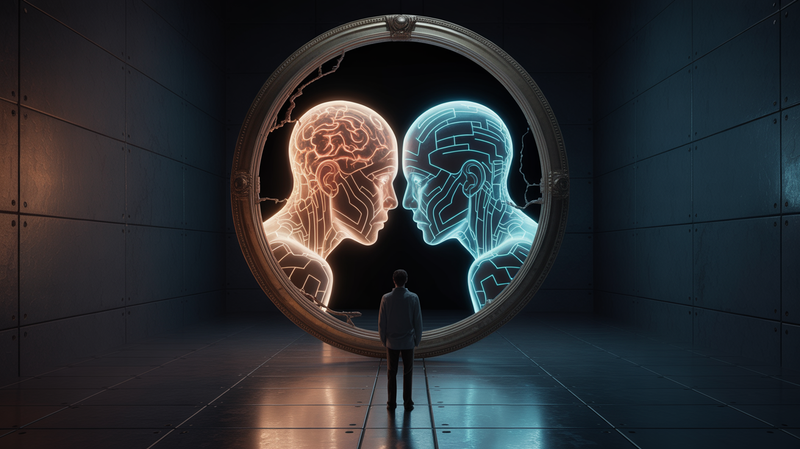The Evolution of Mind: How Generational Cognitive Structures Define Our Perception of Reality
The human brain, often lauded as one of the universe's most intricate and magnificent creations, remains a topic of endless fascination. Each generation, it seems, brings with it not only fresh ideas and cultures but also a modified "brain architecture". It's an intriguing notion:
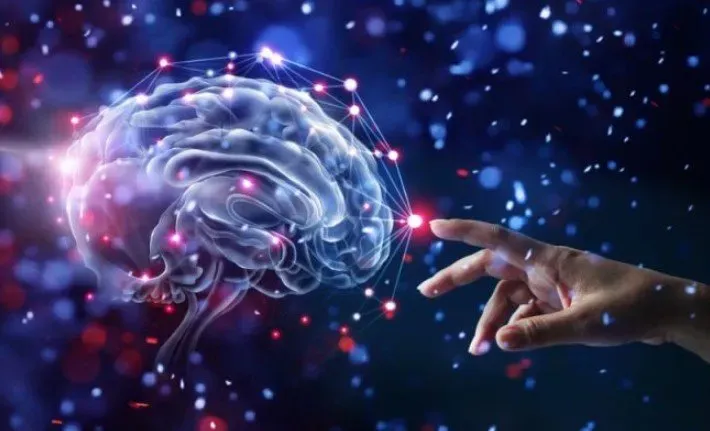
The human brain, often lauded as one of the universe's most intricate and magnificent creations, remains a topic of endless fascination. Each generation, it seems, brings with it not only fresh ideas and cultures but also a modified "brain architecture". It's an intriguing notion: are successive generations truly "wired" differently, and if so, what implications does this bear for our future?
The concept is not as far-fetched as it might initially seem. Just as the genes of a population shift over time in response to environmental pressures – a process known as evolution – so too can the mind's architecture, sculpted by both nature and nurture, adapt to the world in which it finds itself.
A Century of Transformative Change
Consider a child born a century ago. This child's brain would be primed to engage with a world of tangible sensations: the smell of fresh bread from the oven, the sensation of cold water drawn from a well, the sights and sounds of a bustling local market. Images and stories would largely be sourced from books or oral traditions, demanding a rich imaginative faculty to bring them to life.
Then came the age of photography. Suddenly, moments could be frozen in time, no longer relying on memory or narrative embellishment. The brain now encountered not just the present moment, but also precise echoes of past moments.
Television accelerated this trend, transforming static images into moving ones. Now, the child of this era didn't just perceive their immediate surroundings or static images of other realities; they perceived entire sequences of events, stories, and emotions from far-flung corners of the globe, all from the comfort of their living room.
Enter the Digital Age
Fast-forward to today's "smart" generation, and the shift becomes even more pronounced. Born into an age of the internet, smartphones, and virtual reality, the modern child's brain integrates multiple realities daily. Online, they can simultaneously be a student, a gamer, a social media influencer, and an activist. Offline, they might be a sibling, a friend, or a club member. Each of these roles exists in its own "world" with its own rules, expectations, and experiences.
The metaverse – a convergence of augmented reality (AR), virtual reality (VR), and the internet – further blurs the lines. It offers an immersive digital universe, where physical and virtual realities are no longer distinct but interwoven. Here, our perceptions, interactions, and very sense of self become fluid and multifaceted.
Towards Cosmic Consciousness
So, what's next in this evolutionary trajectory? As we stand on the cusp of space exploration and colonization, might the next generation possess what could be termed a "cosmic consciousness"?
It's plausible that as humanity expands its reach into the cosmos, the next generation's brains will adapt to perceive not just multiple social or digital "worlds" but multiple physical worlds too. The experiences of Earthlings and Mars settlers might be as distinct as those of a 19th-century farmer and a 21st-century metaverse developer. The cognitive demands of navigating multiple planetary cultures, environments, and perhaps even encounters with extraterrestrial intelligence could sculpt the brain in ways we can barely imagine today.
A Word of Caution
But with this optimism comes a word of caution. While it's tempting to view these shifts as linear progress – each generation "better" than the last – it's crucial to recognize that "different" doesn't necessarily mean "better". Each generational mind is a product of its environment, exquisitely tailored to its unique challenges and opportunities.
Moreover, the rapid pace of change presents its own challenges. Mental health issues, cognitive overload, and a yearning for simpler times are real and pressing concerns for many. As we marvel at our evolving brain architecture, it's imperative to ensure that the minds of tomorrow are not just capable but also healthy, balanced, and grounded.
In Conclusion
The human journey is one of continual evolution, both biological and cognitive. From the sensory-rich world of a century ago to today's layered digital realities and tomorrow's potential cosmic consciousness, the brain remains our most adaptable and remarkable organ. While it's easy to be dazzled by the possibilities of the future, our challenge lies in ensuring that as our cognitive horizons expand, we remain anchored in values, community, and a sense of purpose. For it's not just about how many worlds our brain can perceive, but how meaningfully and ethically we can navigate them.

